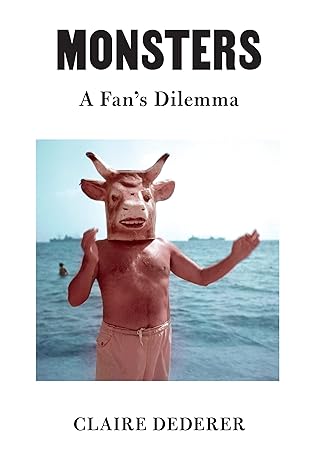More on this book
Community
Kindle Notes & Highlights
We continue to love what we ought to hate. We can’t seem to turn the love off.
Anhedonia. The inability to experience pleasure. My own ability to experience pleasure, specifically pleasure arising from consuming art, was imperiled all the time—by depression, by jadedness, by distraction. And now I was finding I must also take into account biography; an artist’s biography as a disrupter of my own pleasure.
The knowledge we have about celebrities makes us feel we know them. We feel we have the right to some intimate access to them.
It’s easy to think of the quality of genius as justifying bad behavior, but maybe it works the other way around too. Maybe we have created the idea of genius to serve our own attraction to badness. Maybe we ask these artists to live out our darkest fantasies—and if we give it the label “genius,” then we don’t have to feel guilt for enjoying the spectacle.
A M liked this
This conflation is what raises the question: Was Nabokov a monster? Did he feel the things Humbert felt, think the things Humbert thought? (And after all, he visited these themes elsewhere.) And if he did feel or think them, is that really monstrous? Or just ordinary human perversity? After all, thoughts are not deeds. Stories are not crimes.
A M liked this
That’s the project of Lolita. To show us what’s been destroyed. Nabokov is in fact a kind of anti-monster. He was willing to have the world think the worst of him. By doing so—by telling the worst story, and letting himself be implicated in that story—he created a way for us to understand, to feel, the enormity of what it is to steal a childhood. The book seems to be a portrait of a monster. But Nabokov has done something even more miraculous. He has caught hold of a bit of iridescent fluff—retrieved for proof of an ordinary life’s destruction.
A M liked this


